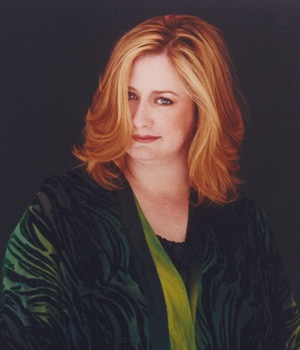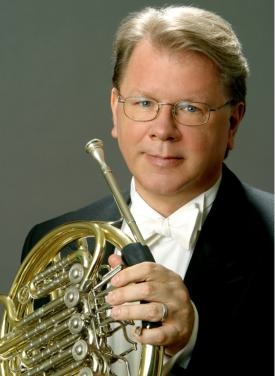
Five minutes can sometimes turn a pleasant hour into an extraordinary one. Such was the case last Sunday, Feb. 12, at the Menlo-Atherton Center for Performing Arts. Music@Menlo, the Peninsula’s summer chamber festival, is now offering a winter series, with “Winds of France,” an all-French woodwind program, repeating their Lincoln Center concert.
The five minutes that galvanized us were from Tara Helen O’Connor’s solo in Circumambulation for Flute by Yan Maresz, a contemporary composer whose jazz roots and electronic chops informed the clarity of his concept. That flute solo intermingled two very different voices, asharply percussive clatter of keys with a whimsical and haunting line. Requiring absolute concentration, the key clicks attacked with a rhythmic rigidity that cut through the more fanciful voice. In the first moments that regularity could have sounded contrived, but it soon became the heart beat of a singular experience: I found myself drawn in, understanding the poetry without a word of the language. O’Connor brought a clean and full sound, even to the breathy runs and explosive “chuffs,” rendering technical extremes as expressive moods.
Going from extraordinary to pleasant is a bit of a letdown, but they finished the concert with another high point, Francis Poulenc’s Sextet for Piano and Wind Quintet. Written in 1932 and revised in 1939, it is a staple of the woodwinds genre. Poulenc, the Bad Boy of French composers, alternated brash with sly in a lively composition that still had room for nostalgia and hip-swaying jazz quotes.
Poulenc achieved his bright shades and carnival bouquets with simple melodies and emotional variety. The middle movement slowed to reflective, but then regained its playful mix of Paris hotspot and woodsy panpipes.
Eminent clarinetist David Shifrin gave it a propulsive energy along with liquid runs, and O’Connor excelled in low passages that would have been throaty in a jazz singer. The piano treatment was more soloistic partner than accompaniment, with Alessio Bax supplying low undulating hills and sharp chords. Bax was featured in several of last year’s concerts and is a reckless four-hands enthusiast with his wife and pianistic partner Lucille Chung.
The other players were of uniformly high caliber. Peter Kolkay gave the bassoon part a lightness unusual for that instrument, and Stephen Taylor’s agility and soaring line helped his oboe’s coloration meld with the others. A standout, William Purvis brought both golden glow and a striking sweetness to the horn line. In Jean Francaix’ Quintette à vents, he stole the show with his breadth and sense of brooding distance,  punctuated by tinny descending laughs. That work also had velvety textures and slow-built harmonies.
punctuated by tinny descending laughs. That work also had velvety textures and slow-built harmonies.
The all-French program included Jacque Ibert’s Trois Pièces brèves, a jaunty reel around a sweet flute-clarinet center, and opened with Maurice Emmanuel’s Sonata for Flute, Clarinet and Piano, a work with bright ethereality.
We could see similarities in the French lineage, complex chords and spirited sounds that followed the tradition of Faure and Debussy, with modal scales and impressionist harmonies. But could one ever predict Varèse, Messiaen, Spectralism or IRCAM’s electronics? And yet they all, like Yan Maresz, drew on that past, a connection that helped them leap into their own unknown terrains.
—Adam Broner
Photo top, flutist Tara Helen O’Connor; bottom, horn player William Purvis, photo by Christian Steiner.
